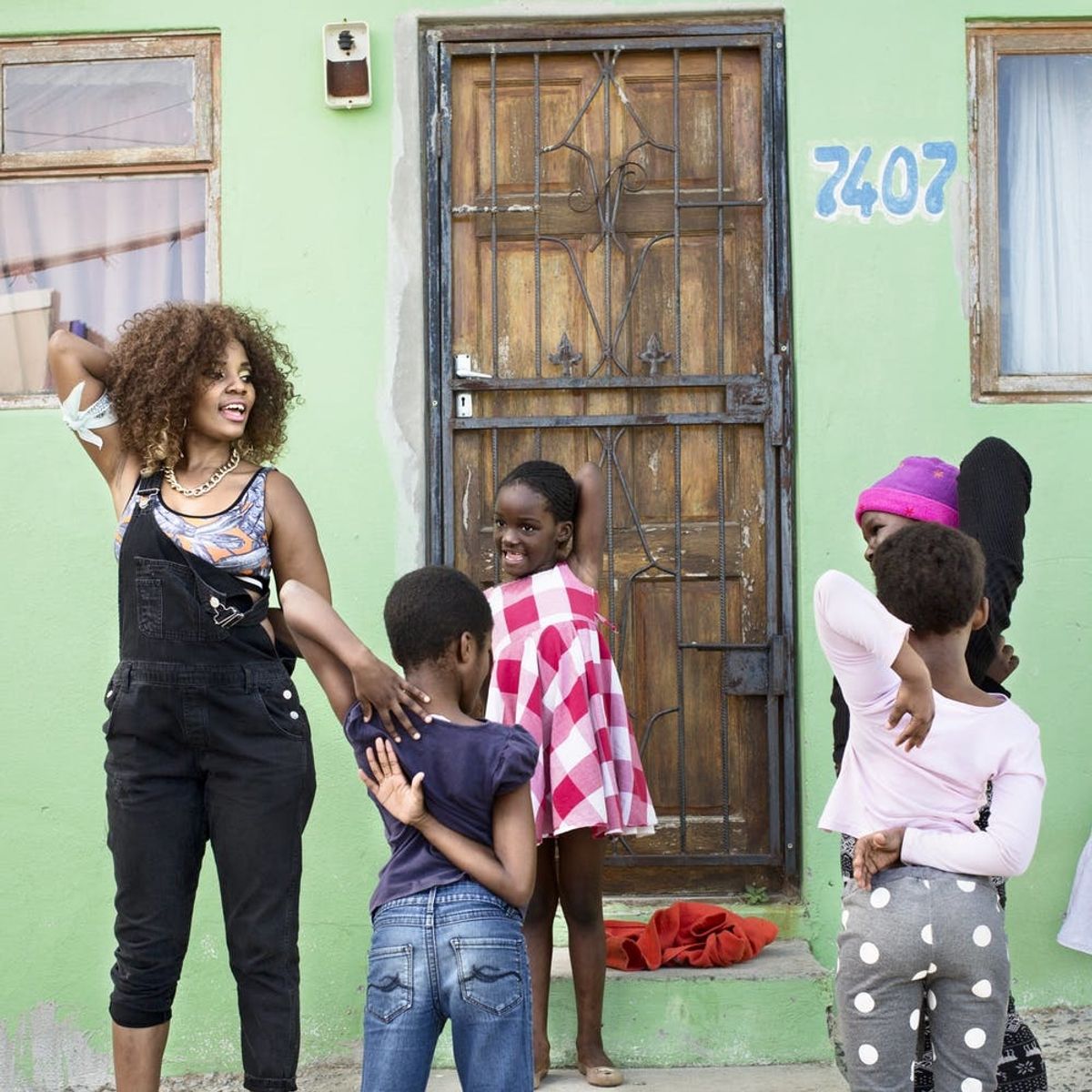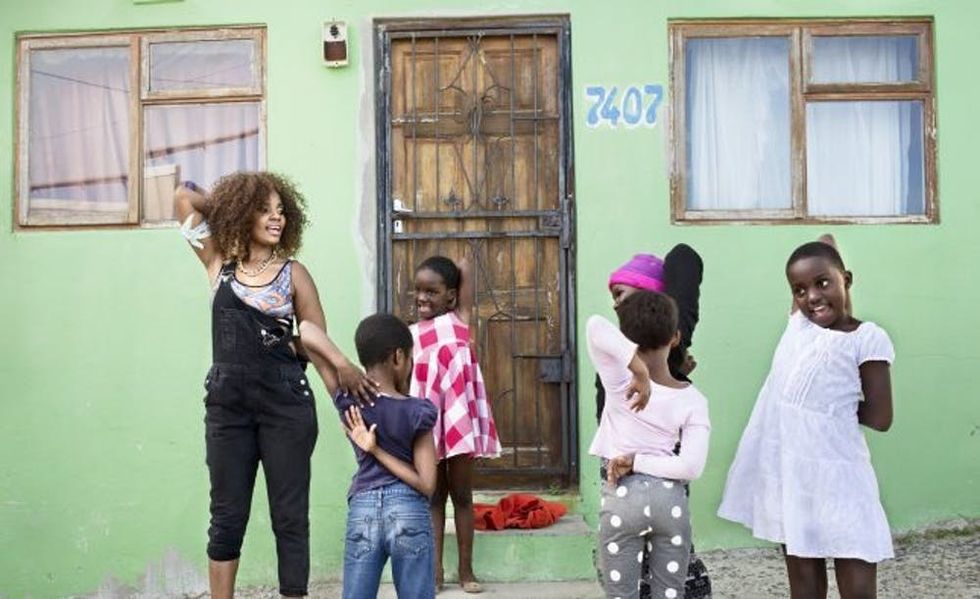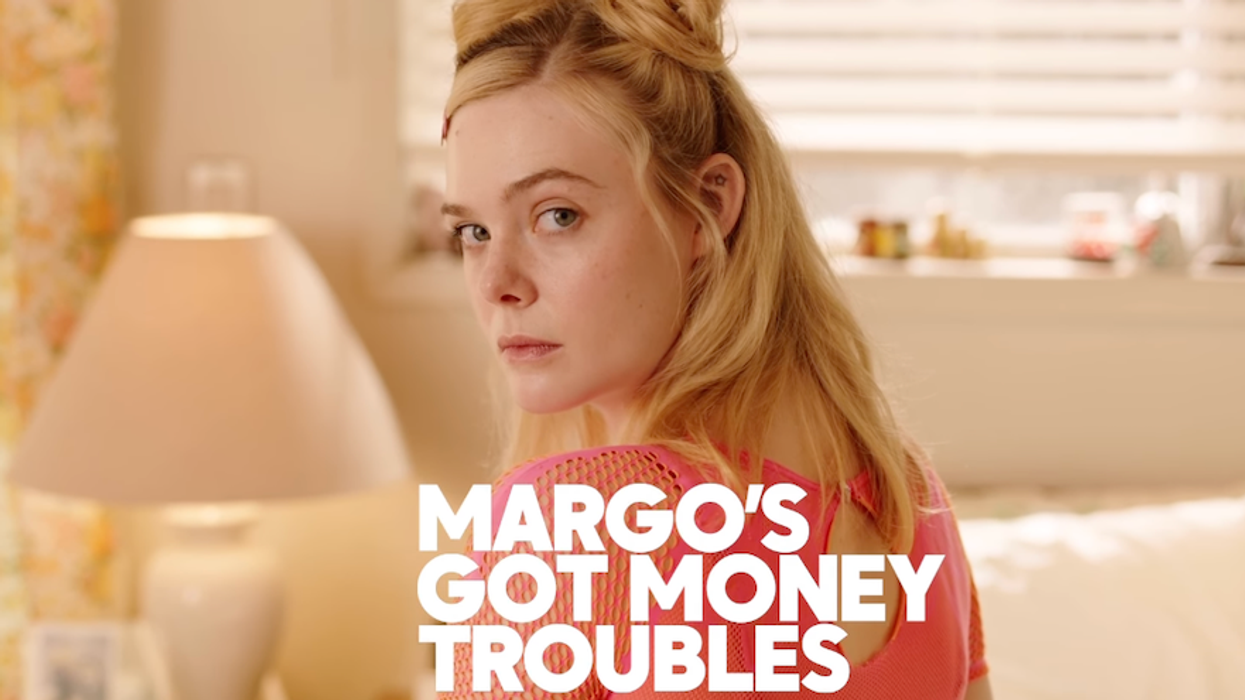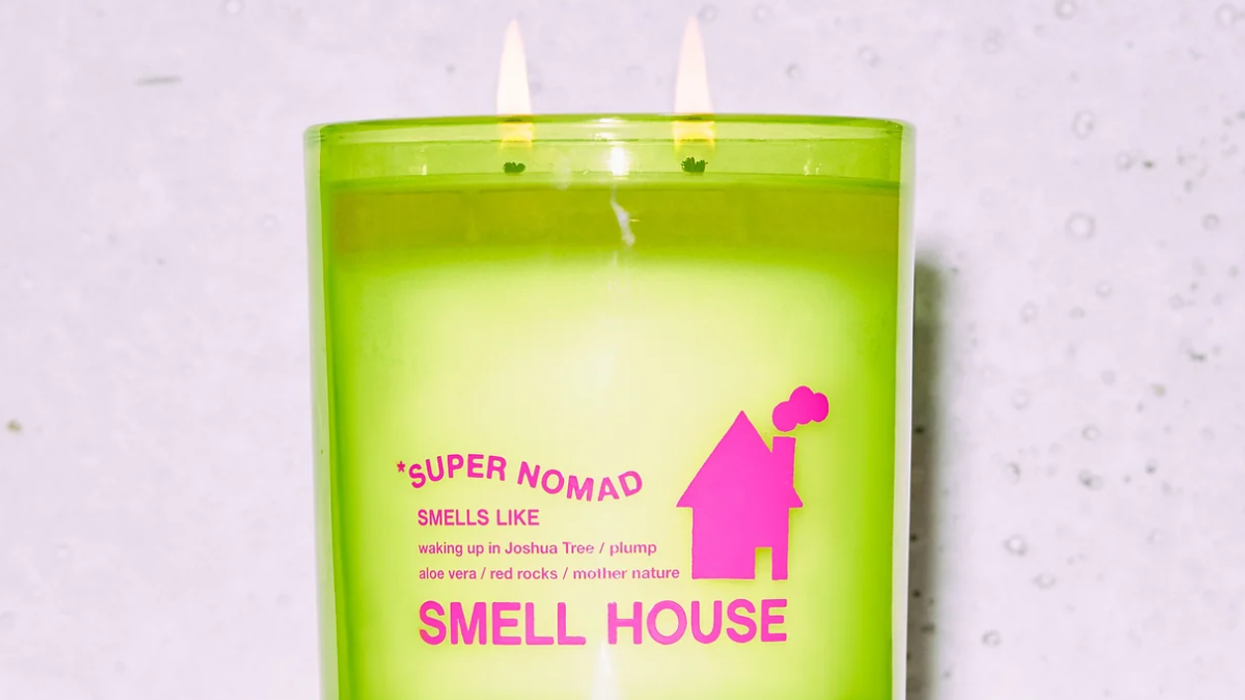The South African city is facing a crisis on a scale the world has never seen.
Cape Town Is Out of Water, and We Should All Be Freaking Out

As we go about our daily lives, taking 15-minute showers, flushing the toilet willy-nilly, and letting water swirl down the drain like it’s no big thing, the people of Cape Town are about to run out of water entirely. It might seem like a faraway problem at the moment, but in the not-to-distant future, water shortages like the one in Cape Town could become the new normal.
The South African capital’s 433,000 citizens have already been forced to dramatically modify their lifestyles. Showers are less frequent (two per week is the official recommendation) and kept to two minutes. Buckets are kept under every tap to catch excess water. Any water collected from showers or dishwashing is used to flush toilets, and toilets are only flushed when absolutely necessary.

You’ve likely already heard talk of Cape Town’s water shortage, but what they’re currently facing is on a scale the world has never seen. Citizens are currently allowed to use 13.2 gallons of municipal water a day, and by April that allotment is expected to drop to 6.6 gallons — an impending point of no return that is referred to locally as Day Zero. When that day arrives, most running water will be shut off and residents will be forced to line up at one of 200 distribution points to collect their daily allotment.
As you can imagine, regional politicians are freaking out. In order to delay the arrival of Day Zero, municipalities are using a strategy known as “throttling,” essentially reducing water pressure so that barely any water comes out of local taps. In an op-ed in the Daily Maverick, Western Cape Premier Helen Zille wrote the following:
“As things stand, the challenge exceeds anything a major city has had to face anywhere in the world since the Second World War or 9/11. I personally doubt whether it is possible for a city the size of Cape Town to distribute sufficient water to its residents, using its own resources, once the underground waterpipe network has been shut down.”
Read the whole article and you’ll see what this doesn’t seem like an exaggeration. Most locals fear the anarchy that could be unleashed on Day Zero. For example, even if a single person collects her entire household’s water allotment each day at her local collection point, it will still mean that 5,000 people will be congregating at that collection point each day.
The World Wildlife Fund estimates that by 2025, two-thirds of the world could be dealing with water shortages. We should all be paying close attention to South Africa right now. What happens when the taps are shut off in Cape Town — for better or for worse — will likely be a strong indicator of things to come as the planet warms and water supplies dwindle. We’re not living in a Mad Max wasteland — for now.
(Photo by Veronique de Viguerie/Getty Images)

















